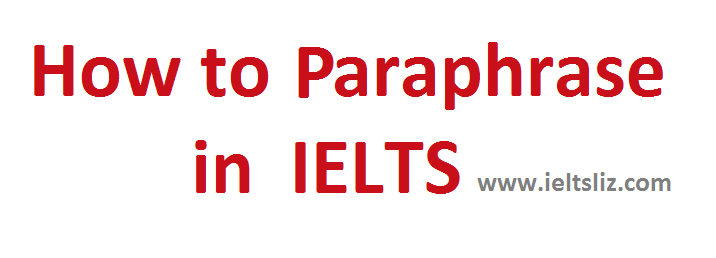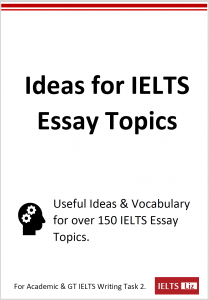Below you can find various introductions for this essay:
Some people think that the most important things in life are free and cannot be bought. To what extent do you agree?
Sample Introductions
Not everyone agrees whether the best things in life are available for free and that money cannot buy them. I believe that most basic human necessities in life require money to obtain them and only a few things are completely free.
While some people believe that the best things in life do not require money to be obtained, others disagree. In my opinion, happiness, family and health, which are the most important aspects of life, are completely free for all people.
Although there are people who consider that most good things in life are free for both rich and poor, other people believe this is not the case. I think that the things central to a good life need to be bought and only happiness can be attained without money.
People have different views about whether the best things in life can be obtained without money. In my opinion, the things that are crucial to human survival must be paid for, except happiness and health.
Comments
You can see the various options for background statements and different ways of expressing your views in the thesis statement.









